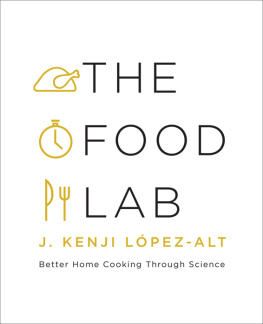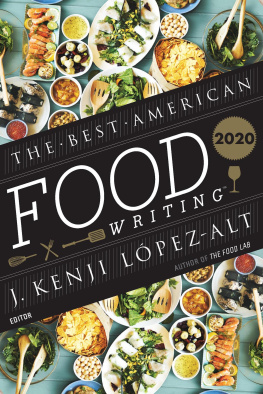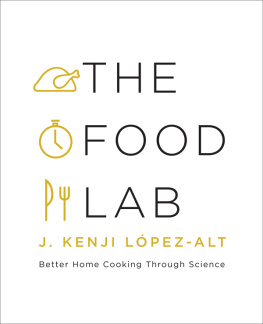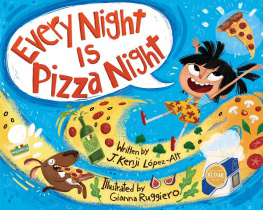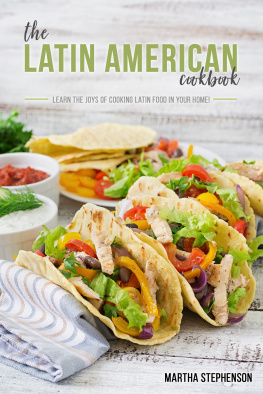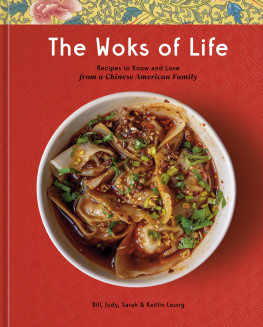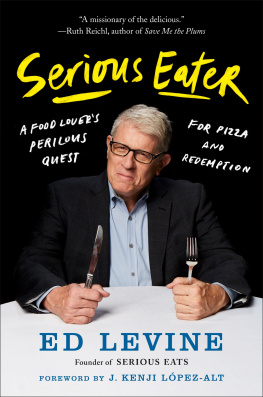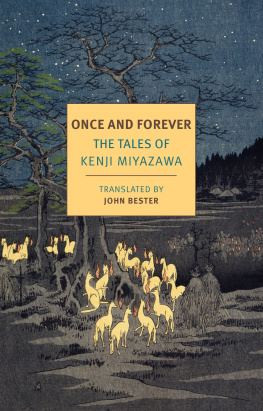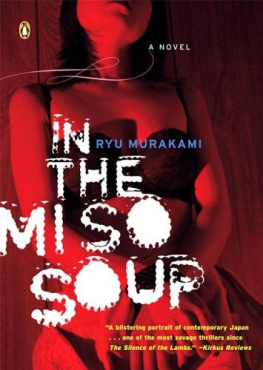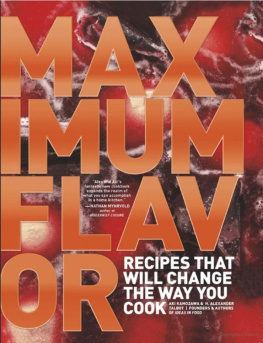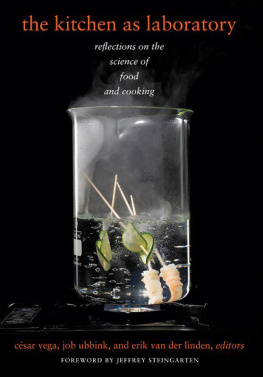

Eggs boiled for 30-second intervals from 0 to 12 minutes.
To Adri, who loves me despite the burgers;
To Ed, Vicky, and the whole Serious Eats team, for helping me do my thing;
To my father, the scientist;
To my grandfather, the nutty professor;
To the one sister I like better than the other;
To my mother, who would have preferred a doctor;
To the other sister as well;
To Dumpling, Hambone, and Yuba, the best taste-testers a man could ever hope for;
And to my grandmother, who would have preferred a Tostitos jar .


CONTENTS
If you are going to follow links, please bookmark your page before linking.
COMMON INGREDIENTS BY VOLUME AND MASS*
| INGREDIENT | TYPE | AMOUNT | WEIGHT |
| Water-Based Liquids (including water, wine, milk, buttermilk, yogurt, etc.) | 1 cup = 16 tablespoons | 8 ounces (227 grams) |
| Eggs | Jumbo
Extra Large
Large
Medium
Small
Peewee | 2.5 ounces (71 grams)
2.25 ounces (64 grams)
2 ounces (57 grams)
1.75 ounces (50 grams)
1.5 ounces (43 grams)
1.25 ounces (35 grams) |
| Flour | All-purpose
Cake/pastry
Bread | 1 cup | 5 ounces (142 grams)
4.5 ounces (128 grams)
5.5 ounces (156 grams) |
| Sugar | Granulated
Brown (light or dark)
Confectioners | 1 cup | 6.5 ounces (184 grams)
7 ounces (198 grams)
4.5 ounces (128 grams) |
| Salt | Table
Diamond Crystal kosher
Mortons kosher | 1 teaspoon | 0.25 ounce (7 grams)
0.125 ounce (3.5 grams)
0.175 ounce (5 grams) |
| Instant Yeast | 1 teaspoon | 0.125 ounce (3.5 grams) |
| Butter | 1 tablespoon = stick | 0.5 ounce (14 grams) |
*Note: In standard U.S. recipes, liquids are measured in fluid ounces (volume), while dry ingredients are measured in regular ounces (weight).
VOLUME EQUIVALENCIES
3 teaspoons = 1 tablespoon
2 tablespoons = 1 fluid ounce
16 tablespoons = 1 cup (8 fluid ounces)
2 cups = 1 pint (16 fluid ounces)
4 cups = 1 quart (32 fluid ounces)
1 quart = 0.95 liters
4 quarts = 1 gallon
WEIGHT CONVERSIONS
There are 28.35 grams in one ounce.
COMMON WEIGHT CONVERSIONS
| ounces | grams |
| 1 | 28 |
| 2 | 57 |
| 3 | 85 |
| 4 | 113 |
| 5 | 142 |
| 6 | 170 |
| 7 | 198 |
| 8 ( pound) | 227 |
| 9 | 255 |
| 10 | 284 |
| 11 | 312 |
| 12 | 340 |
| 13 | 369 |
| 14 | 397 |
| 15 | 425 |
| 16 (1 pound) | 454 |
| 24 (1 pounds) | 680 |
| 32 (2 pounds) | 907 |
| 35.3 (1 kilogram) | 1000 |
| 40 (2 pounds) | 1124 |
| 48 (3 pounds) | 1361 |
| 64 (4 pounds) | 1814 |
| 80 (5 pounds) | 2268 |
TEMPERATURE CONVERSIONS
To convert from Fahrenheit to Celsius: subtract 32, divide by 9, and multiply by 5.
To convert from Celsius to Fahrenheit: divide by 5, multiply by 9, and add 32.
COMMON TEMPERATURE CONVERSIONS
| F | C |
| 32 (freezing point of water) | 0 |
| 110 | 43.3 |
| 120 (rare red meat) | 48.9 |
| 130 (medium-rare red meat) | 54.4 |
| 140 (medium red meat) | 60 |
| 145 (extra-moist poultry breast) | 62.8 |
| 150 (medium-well red meat) | 65.6 |
| 155 (medium-well standard poultry breast) | 68.3 |
| 160 (well-done meat) | 71.1 |
| 190 (subsimmering water) | 87.8 |
| 200 (simmering water) | 93.3 |
| 212 (boiling water) | 100 |
| 275 | 135 |
| 300 | 148.9 |
| 325 | 162.8 |
| 350 | 176.7 |
| 375 | 190.6 |
| 400 | 204.4 |
| 425 | 218.3 |
| 450 | 232.2 |
| 475 | 246.1 |
| 500 | 260 |
| 525 | 273.9 |
| 550 (max oven temperature) | 287.8 |
Longtime fans of J. Kenji Lpez-Alt can celebrate.
For years weve loved (and cooked from) his practical columns about kitchen science on the excellent seriouseats.com website. With this bookprecise and serious, witty and relaxedKenji joins the glittering constellation of men and women who have, over the past thirty years, brought the ancient human art of feeding ourselves into the scientific age. What goes on within a cube of ice or a stew-pot has followed the three laws of thermodynamics, among many others, for the past forty thousand yearsor however long you believe its been since our species first act of cookingbut we just never really knew it. Kenji stands on the shoulders of giants, of Achatz, Adria, Arnold, Blumenthal, Kurti, McGee, Myrhvold, Roca, and Thisall of whom have brought the realm of pure thought into the scullery, where it materialized into something delectable. Kenji does it in his own way. He has a degree from MIT and eleven years in restaurant kitchensin my mind, the two minimum qualifications for a man who would aim to make a better hamburger or, to my surprise, boil a better pan of water. Kenjis recipes produce simple, delicious specimens of home cooking. They are not difficult to carry out, but they can be extremely precise, while the thought behind them may be complex, and his testing obsessive. But Kenjis book is not about recipes. And Ill bet you cant read even ten pages of it without becoming a better cook.
Jeffrey Steingarten

My grandfather was an organic chemist, my father was a microbiologist, and I was a little nerdling.
I was never meant to be a cook. Just ask my mom, shell tell you. Doctor? Sure. Lawyer? YepI can argue with the best of em. Scientist? Definitely. In fourth grade, we were given an assignment: write a book about ourselves in the future. I distinctly remember my future life according to my ten-year-old self. Id be married at twenty-four. Id have my first kid at twenty-six. Id get my PhD by twenty-nine (how Id manage to get my PhD while trying to raise a kid was a question I never asked myself). By thirty, Id discover a cure for cancer, winning a Nobel prize. Having made my mark on the world, Id spend the next forty years fulfilling my duties as the President of LEGOLAND before finally retiring and leaving the world a better place at the age of eighty-seven.
Lofty dreams indeed, but things seemed to be going on track all through high school. I did well in math and sciences (and particularly poorly in English, for the record), spending my summers playing music (chamber music camp, not band camp, thank you very much!) or working in biology laboratories. Did I ever show an inclination to cook? Not really. I took an after-school cooking class in third grade, where I learned to make simple syrup and stone soup. My dad trained me in the art of making open-faced tuna melts on Saturdays. He also taught me a valuable lesson in how not to cut a block of frozen beef straight from the freezer into steaksa memorable afternoon that included the line, Kenji, go get me the hammer, and concluded with shards of knife all over the kitchen floor and beef still as blocky as it ever was.
Next page
